Healthy teeth during pregnancy
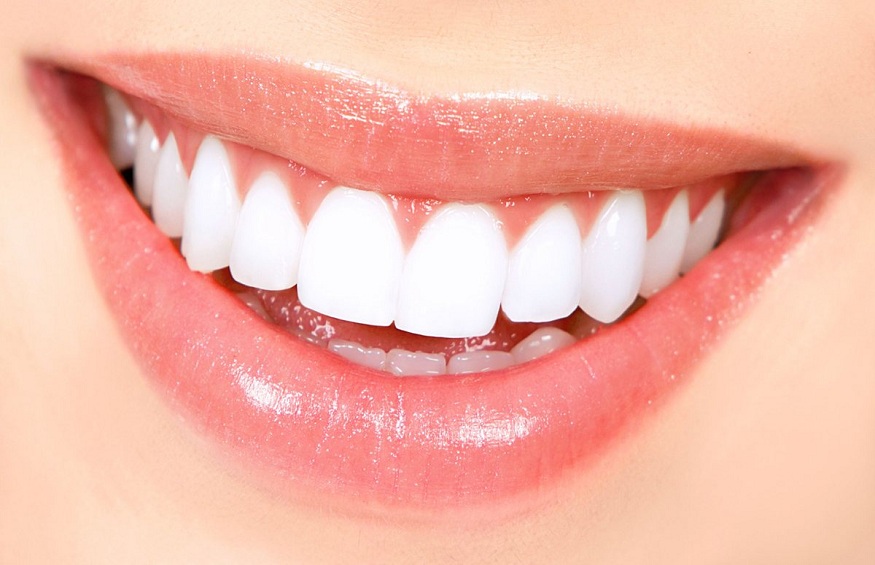
Taking care of your teeth is always important, but during pregnancy it is even more so. Yet, according to some studies, only 22 to 34% of pregnant women see a dentist during their pregnancy.
If you are pregnant, you should pay special attention to the Healthy teeth during pregnancy Otherwise, it could affect not only you, but your baby as well. In addition, problems that arise during pregnancy can interfere with its course.
For example, during the 1 st quarter bacteria of dental plaque can be run in the blood to the placenta and activate the hormones that trigger work (prostaglandins), causing premature labor.
Pregnancy and dental health
Pregnancy is a time of upheaval, whether it’s physical changes or lifestyle changes. All of this can have repercussions on dental health.
For example, hormones like estrogen and progesterone increase the sensitivity of the gums to plaque buildup. They can also affect the ligaments and bone that support the teeth, which can make the teeth loose and cause the gums to bleed.
Also, morning sickness during the first trimester and gastric reflux during the third can increase the acidity in the mouth of pregnant women.
Finally, some expectant mothers feel irresistible cravings for sugary snacks. However, sugar can create an environment favorable to the multiplication of bacteria.
Myth
There is a popular belief that it might be normal to lose teeth during pregnancy since the fetus draws calcium from its mother’s teeth. In fact, a pregnant woman’s teeth do not decalcify. If the baby needs to find the calcium necessary for its growth, it will draw it from the reserves of the mother’s bones, hence the importance of following the recommendations concerning the daily consumption of calcium for pregnant women (1,300 mg /day).
Gingivitis
Gingivitis is a gum disease that does not cause irreversible damage and affects about half of pregnant women.
This is because the gums of pregnant women are more susceptible to dental plaque due to pregnancy hormones. This type of gingivitis usually appears from the third month. Usually everything returns to normal after childbirth.
If gingivitis is left untreated, it can lead to more serious disease and cause tooth loss as well as permanent damage to the gums. Gum disease can also cause high blood pressure during pregnancy, also called preeclampsia.
In addition, according to a recent study, pregnant women who suffer from gingivitis are more likely to deliver an underweight baby prematurely. Another study even found that among pregnant women with gingivitis, the rate of preterm birth was much lower among those who had their teeth cleaned and descaled than among those who had not.
If you think you have gingivitis, your dentist will be able to examine your mouth and assess the situation. They can also give you hygiene advice and clean up to prevent your condition from worsening.
The most important thing, however, is to maintain good dental hygiene by brushing your teeth properly with toothpaste containing fluoride and flossing under your gums to remove plaque and bacteria.
You can also help decrease inflammation in your gums by rinsing your mouth with salt water (1 tsp in a cup of lukewarm water).
Caries
Vomiting during pregnancy as well as cravings for sugary foods increase the risk of cavities during pregnancy. However, certain measures can reduce this risk.
If you vomit, immediately rinse your mouth with water or mouthwash, as the acidity of the vomit can decalcify your tooth enamel.
After vomiting, wait 30 minutes before brushing your teeth with fluoridated toothpaste. This is because teeth are more fragile immediately after coming into contact with the acid. Brushing teeth in an acidic environment can therefore damage tooth enamel. In the meantime, the saliva allows the teeth to reabsorb the minerals and return to their original hardness.
If cavities or infections appear during pregnancy, it is important to treat them. The 2 th quarter (from 15 th to 28 th week) is usually a great time to receive treatment since in general nausea waned.
In addition, the baby’s organs are also formed, which decreases the risk of side effects from drugs and products used during treatment. According to studies, no more women who have received dental treatment (filling, extraction of a tooth, root canal) during the second trimester are not likely to experience problems during the birth.
Dental treatments can be more difficult during the third trimester, however. Indeed, the position lying on the back for a prolonged period is often uncomfortable for the pregnant woman and is not recommended for the well-being of the fetus (compression of the large blood vessels which reduce blood circulation for the fetus).
In all cases, the dentist will assess the urgency and the need to treat the decay immediately or decide to wait until the end of the pregnancy and the arrival of the baby.

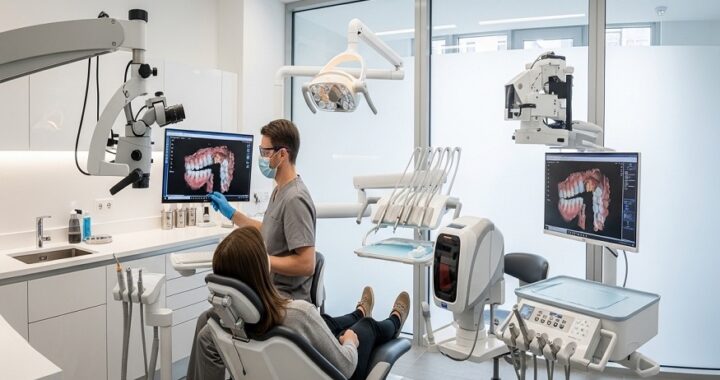 Dental Infection Treatment and the Evolution of Advanced Dental Technology
Dental Infection Treatment and the Evolution of Advanced Dental Technology 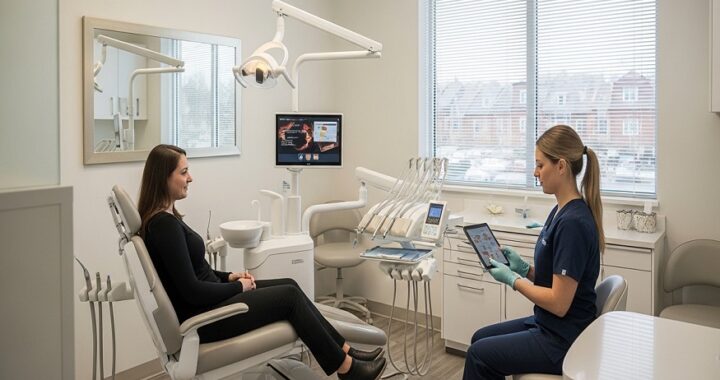 Deep Cleaning Woodland Hills: Understanding Gum Health and Advanced Dental Cleaning
Deep Cleaning Woodland Hills: Understanding Gum Health and Advanced Dental Cleaning 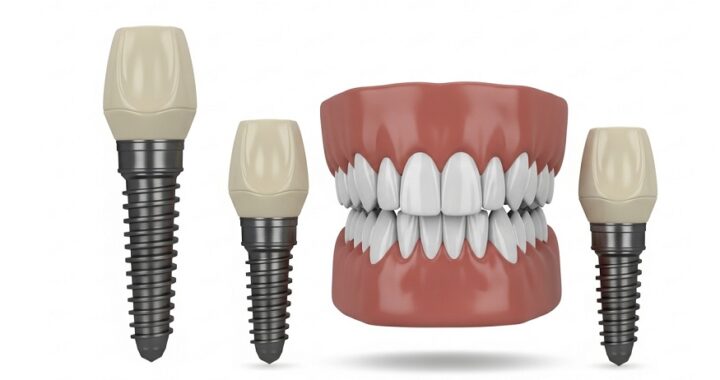 Dental Implants and Osteoporosis: What Patients Should Know About Safety and Healing
Dental Implants and Osteoporosis: What Patients Should Know About Safety and Healing  Improving Your Smile in Woodland Hills: A Balanced Approach to Confidence and Oral Care
Improving Your Smile in Woodland Hills: A Balanced Approach to Confidence and Oral Care 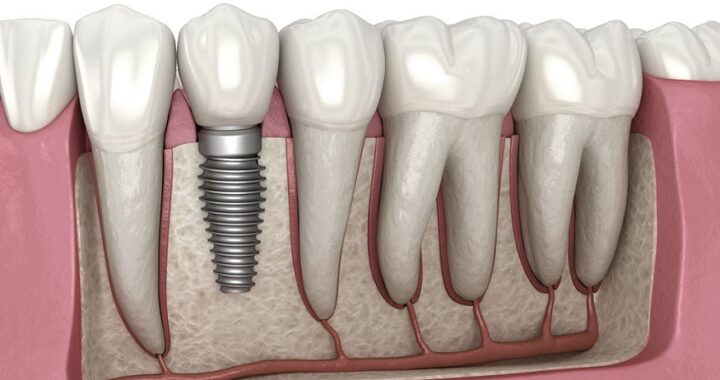 The Step by Step Process of Getting Dental Implants in Fargo
The Step by Step Process of Getting Dental Implants in Fargo 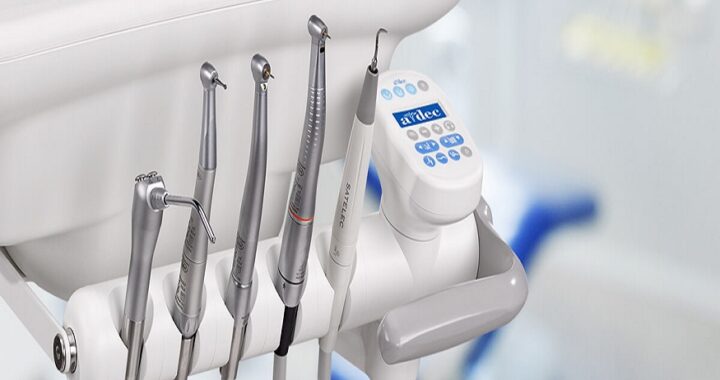 Understanding the Different Types of Dental Handpieces
Understanding the Different Types of Dental Handpieces  Best Nicotine Gum Options: Key Benefits and How to Choose the Right One
Best Nicotine Gum Options: Key Benefits and How to Choose the Right One